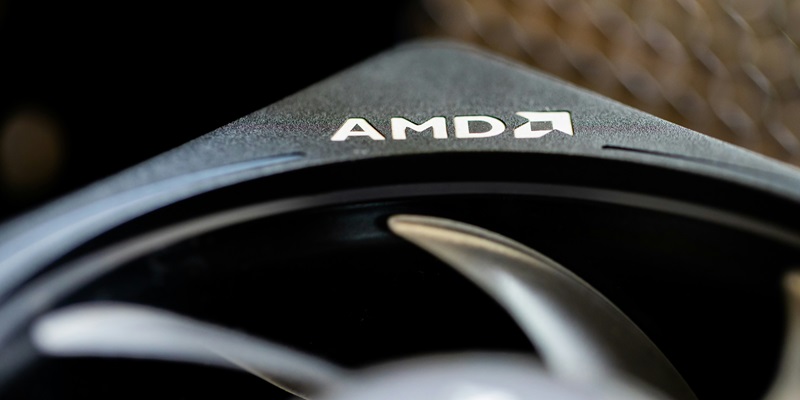In a groundbreaking move aimed at transforming the landscape of data center workloads, AMD recently announced its Versal Premium Series Gen 2 chip platform, specially designed for AI processing. This advanced FPGA (field programmable gate array) platform is set to accelerate performance across various sectors, including data centers, communications, aerospace, and defense. It stands out not only for its promise to meet specific industry demands but also for its inclusion of state-of-the-art technologies such as Compute Express Link (CXL) 3.1 and PCIe Gen6. With support for LPDDR5X memory and hard intellectual property, the Versal Premium Series Gen 2 achieves rapid and efficient data movement between processors and accelerators, crucial for AI and other data-intensive applications. These capabilities, combined, make it a formidable player in real-time processing and storage, addressing the high-performance needs of today’s complex digital environments.
The inclusion of CXL 3.1 and PCIe Gen 6 as key features in this new FPGA series marks a significant leap from previous generations. Salil Raje, SVP of adaptive and embedded computing at AMD, emphasized the leap in system throughput and memory utilization offered by the Versal Gen 2 portfolio. The platform’s open-standard interconnect paves the way for high-bandwidth CPU-to-accelerator connectivity, with PCIe Gen6 offering two to four times faster line rates. This is essential for data centers aiming to enhance processing efficiency and streamline data handling. Furthermore, CXL 3.1 delivers notable improvements in fabric and coherency. These developments highlight AMD’s commitment to pushing the boundaries of FPGA technology to meet the ever-evolving data-intensive demands.
Key Applications and Technological Enhancements
AMD has launched the Versal Premium Series Gen 2 chip platform, a significant advancement aimed at revolutionizing data center workloads, particularly in AI processing. This innovative FPGA (field programmable gate array) platform promises to enhance performance across data centers, communications, aerospace, and defense sectors. It distinguishes itself by integrating cutting-edge technologies like Compute Express Link (CXL) 3.1 and PCIe Gen6. These features enable the Versal Premium Series Gen 2 to move data swiftly and efficiently between processors and accelerators, making it ideal for AI and other data-intensive applications. Additionally, the inclusion of LPDDR5X memory and hard intellectual property further boosts data transfer rates.
Salil Raje, Senior Vice President of adaptive and embedded computing at AMD, highlighted the Versal Gen 2 portfolio’s improvements in system throughput and memory utilization. The platform’s open-standard interconnect supports high-bandwidth CPU-to-accelerator connections, with PCIe Gen6 offering significantly faster line rates. CXL 3.1 further refines fabric coherence and performance. These advancements reflect AMD’s dedication to advancing FPGA technology to meet ever-growing data demands, positioning the Versal Premium Series Gen 2 as a leader in real-time processing and storage solutions in today’s complex digital landscape.

